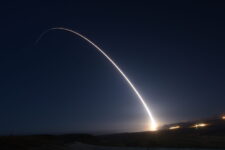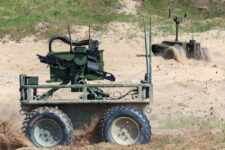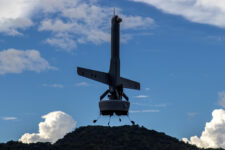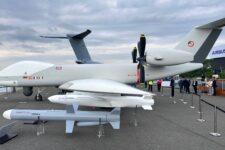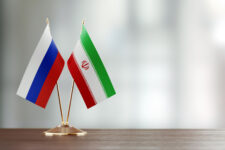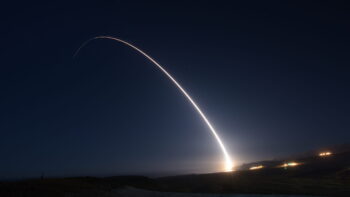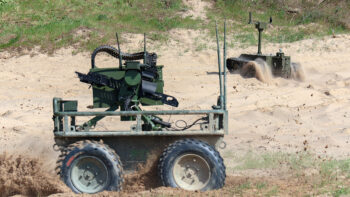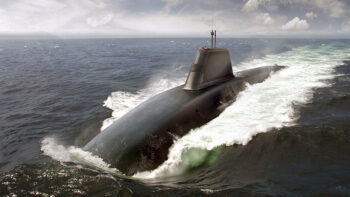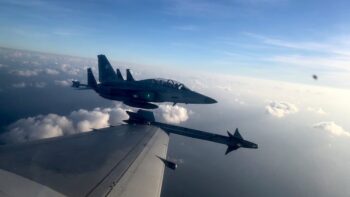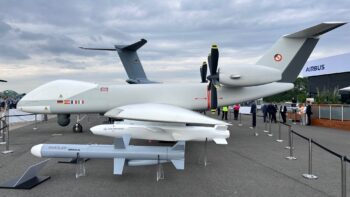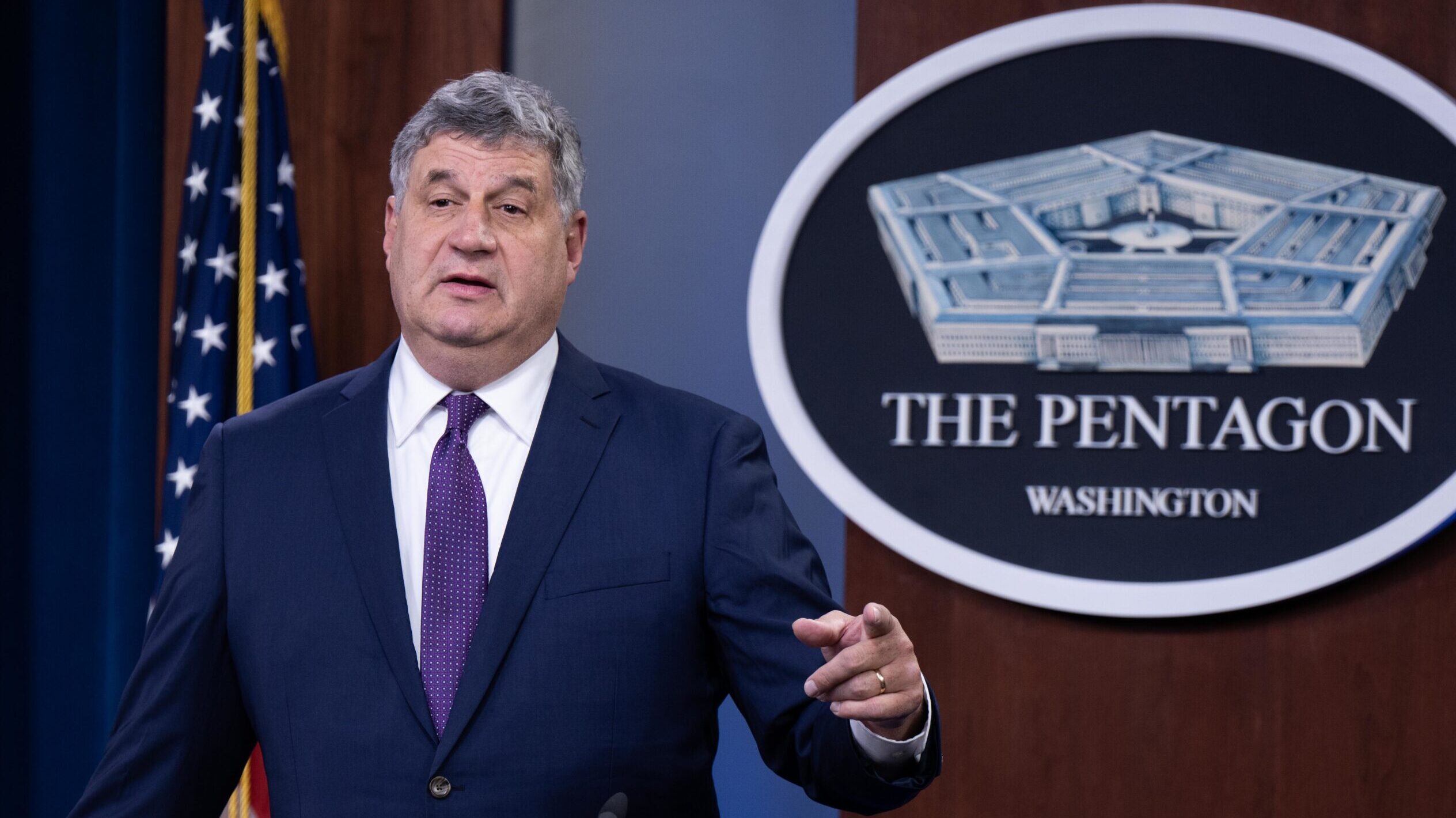
Under Secretary of Defense for Acquisition and Sustainment Dr. William A. LaPlante holds a press brief at the Pentagon, May 6, 2022. (DoD Photo by US Navy Petty Officer 2nd Class James K. Lee)
WASHINGTON — The Pentagon is laying the groundwork for a new partnership program in the Indo-Pacific region that will explore opportunities for joint production and sustaining of weapons, according to the Defense Department’s top acquisition official.
Speaking to reporters Wednesday during a roundtable on the sidelines of the NDIA Emerging Technologies for Defense conference, Bill LaPlante said the Pentagon will soon start up the new forum, called the Partnership for Indo-Pacific Industrial Resilience (PIPIR).
“We’re starting an initiative[…] which is a collection of the equivalent of myself and national armaments directors from the various countries around the Pacific Rim,” LaPlante said. He explained the group will “work through common acquisition and sustainment issues, whether it’s co-development, coproduction [or] co-sustainment.”
The PIPIR initiative, which was previewed by the DoD in a high-level meeting earlier this week with Australian officials, in some ways mirrors a European-heavy armaments forum LaPlante has regularly co-hosted to bolster Ukraine’s defense against Russia’s invasion. That forum helps support the larger Ukraine Defense Contact Group, the formal meeting of Ukraine-friendly states that coordinates military aid for Kyiv.
LaPlante noted that while armaments meetings concerning Ukraine and Europe have become “natural” since they happen so frequently, the Pentagon has to “set up a regular cadence” in the Indo-Pacific. And since the two regions’ needs are distinct, there will likely be differences in how the PIPIR effort plays out.
“We don’t have the active conflict the way you do in Europe, so that’s going to be different. And then the other piece, of course, is that distances are different. Geography is different, so where you might want to do sustainment or production matters,” he continued. “And each country has its own unique industrial issues and political issues, but we’re going to do it.”
As weapons demand surges amid the Ukraine war, conflict in the Middle East and rising power of China, the Pentagon has been casting about across the world in search of new partnerships for weapons production. That desire has manifested in the Indo-Pacific in agreements like a joint hypersonic missile killer program with Japan, a trilateral submarine pact with the United Kingdom and Australia and interest in new coproduction and sustainment with South Korea.
